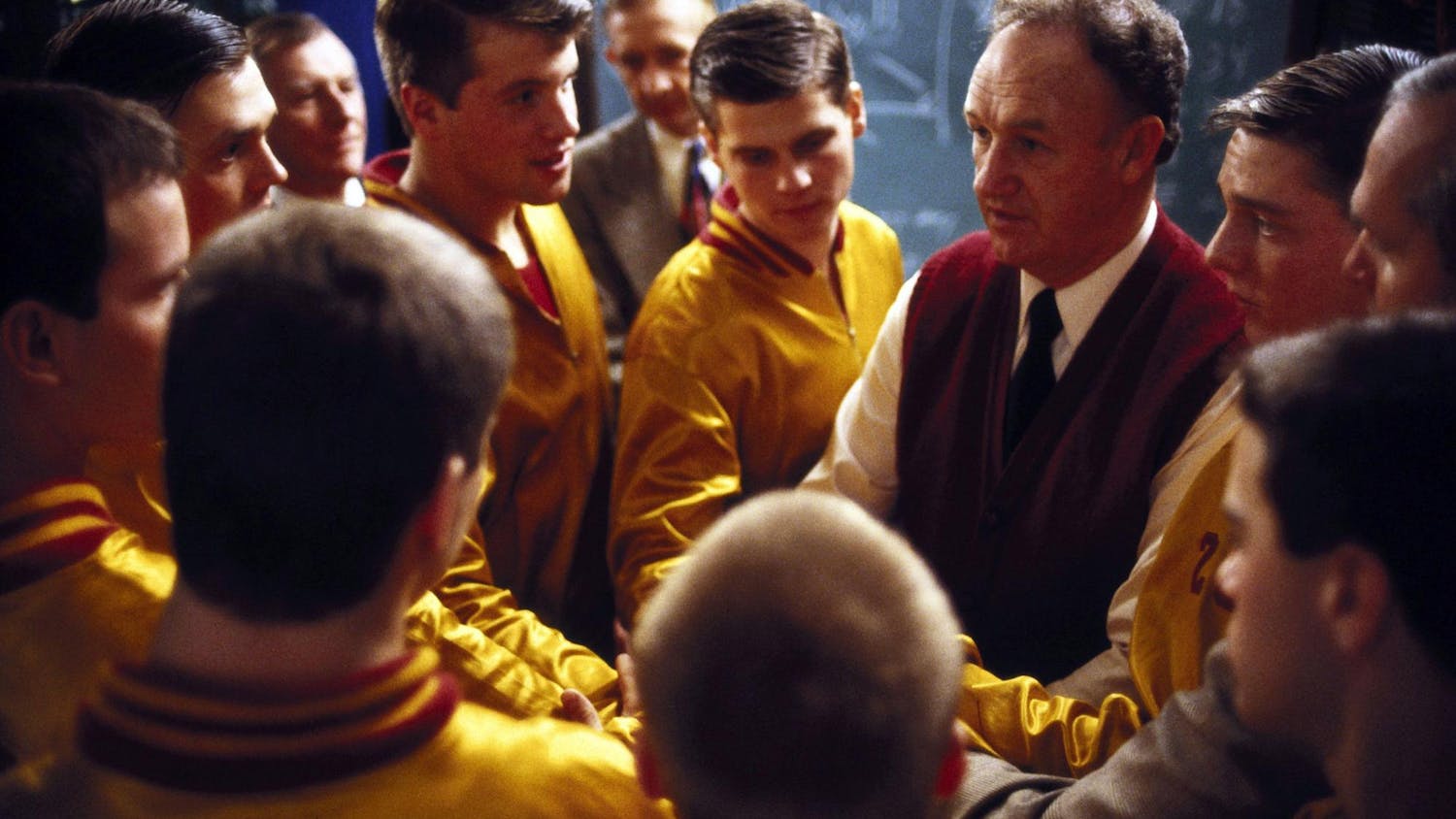Academy Award-winning actor, Sidney Poitier, died Jan. 6 at the age of 94.
The Bahamian-American actor blazed a trail of perseverance during segregation. He inspired other African American actors to continue fighting for racial justice at a time when most white producers in Hollywood were not accepting prospective Black talent.
Poitier grew up in the Bahamas and never thought of his race as intolerable until he moved to Miami, Florida, at age 14, according to a 2008 interview on “Larry King Live.” Living in the Bahamas allowed Poitier to embrace his creative ideas rather than allow his skin color to affect his identity.
"I was not what I was required to be in Florida,” Poitier said. “I was not that. I couldn't be that. I was taught that I had basic rights as a human being. I was taught that I was someone. I knew we had no money, still, I was taught that I was someone.”
His mother and father raised him on the mindset of respecting other people no matter what their ethnicity shall inherit, according to a CNN article.
Related: [Black Voices: The truth will come to light, America needs to face its history]
For his Hollywood life, Poitier starred in some of the most telling movies of the 1960s. He played in three of the biggest movies of 1967 including “To Sir With Love,” “Guess Who’s Coming to Dinner” and “In The Heat of the Night.” Other movies he starred in include “Sneakers,” “A Raisin in the Sun” and “A Warm December.”
According to the Academy Awards website, Poitier was the first African American male to win an Academy Award for Best Actor in 1959 and 1964. Poitier wanted to star in films where a Black character goes into white culture and unites himself with their triumphs and tragedies, as shown in the movie “Guess Who’s Coming to Dinner,” in which he plays a Black husband to a white woman.
His work in racial justice did not just end on the big screen. He participated in the civil rights movement in 1963, and a year later, he was on the steps of the Lincoln Memorial participating in the March on Washington.
“I found it necessary for self-protection and to perpetuate my survival that I involve myself in any activity that would ease my burden momentarily,” Poitier said.
Incorporating his talent with social justice, his life was relatable to the struggles of racism shown in our country today. One problem repeatedly addressed in a Poitier movie includes a moment of division between a white actor and a Black character who tries to make amends in their cultural separations.
“I think he paved the way for Colin to kneel,” Maya Jones, an IU Junior Theatre MFA actor said. “I know he paved the way for Colin to kneel because without him taking care of his business and doing it with just a grace and asking how can I do this so it's always respectful to everybody.”
On and off of the screen, his advocacy for racial change for African Americans in America was an inspiration to people like Jones.
“One thing that is super important to me, that he gave me, was a sense of always having pride and dignity in what I do despite the people around me who may not be thinking that I deserve space,” Jones said.
Not only was Poitier a pioneer for Black male actors in America, but he helped open the doors to many Black and brown actors to become producers and directors. Today there have been changes made to help Black actors succeed on screen. The difference of inequality is still negatively affecting the Black film community, but Poitier’s impact will last forever.






